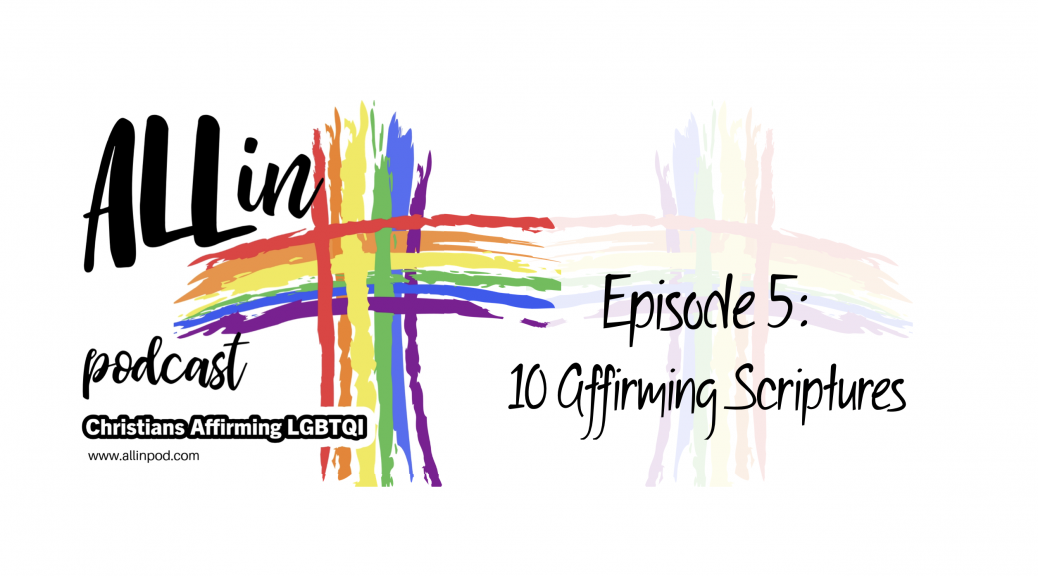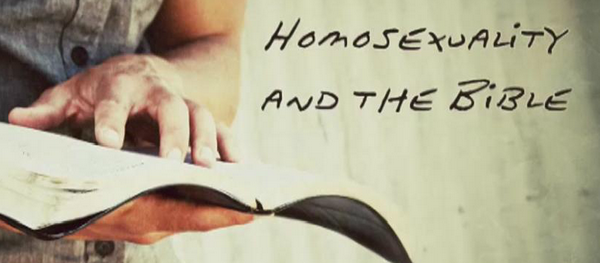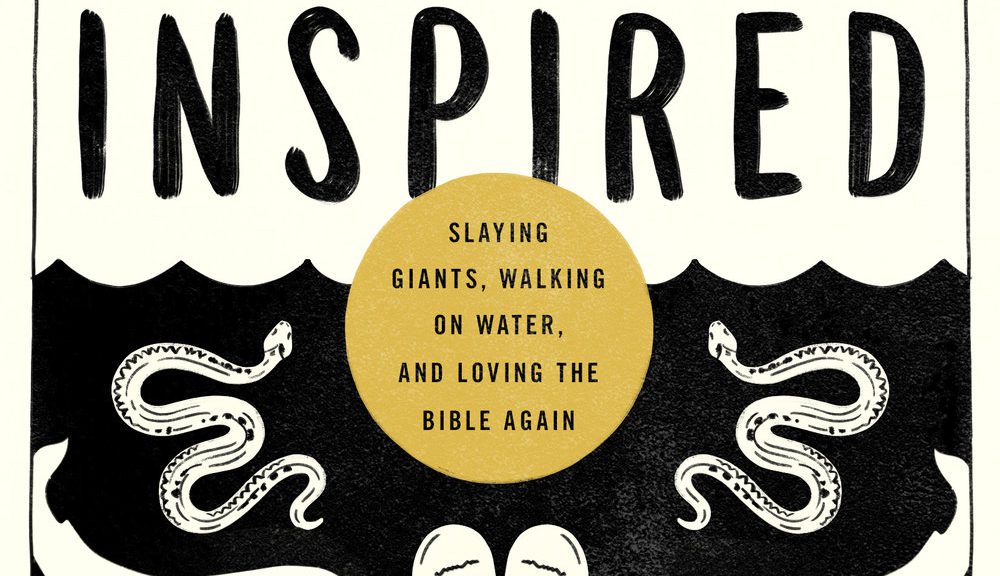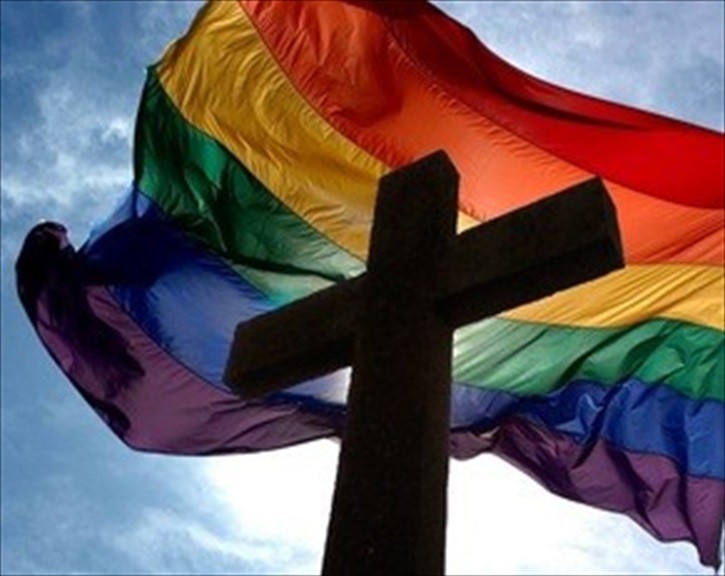Apparently Nicolas Cage’s latest movie, “Left Behind” is horrid (see movie website and trailer here). Critics are absolutely panning it, and from a few reviews I’ve read it sounds like another of Cage’s duds (I like him, and he has done some really great movies, but he’s done some stinkers too). But even if the movie itself was any good, the premise is bad. In fact, horrific. Your church needs to hear this, but probably won’t: no-one is getting “left behind”.
The movie is based on the second best selling book series of all time (after Harry Potter) by Tim La Haye and Jerry Jenkins, “Left Behind”. This 12 book series tells a variety of stories about the rapture, and what happens in the aftermath of all the world’s Christian believers disappearing “in the blinking of an eye”. Especially in conservative Christianity, this 150 year belief (yes, it’s not something the historic church has believed) that comes straight of dispensationalism, has taken hold and is even an article of faith for many (by writing this blog, I am guaranteeing that I will be getting a long list of loving comments… watch my Facebook feed for evidence of the wrath of the faithful).
The problem is that this concept is entirely unbiblical. Not only does the word “rapture” never appear anywhere in the Bible, the two verses that the concept is based on have been badly misunderstood on the basis of a very simple misinterpretation of a single Greek word. I also think that the whole concept of a rapture goes directly against the central message of the Gospel itself, but I’ll get to that in a moment.
I am not a lone voice in this. Some very significant Biblical scholars have carefully debunked the concept.
Let’s start with that Greek word. The word for *meet* (??? ?????????) in 1 Thess. 4:17 (see also 1 Cor. 15:51-54 and Phil. 3:20-21) was a technical term that described the custom of sending a delegation outside the city to receive a dignitary who was on the way to town. The delegation would go out to meet the guests and then immediately return to the city with them – basically just escorting them into the city. Luke uses this term in this way in Acts 28:14b-15: “And so we came to Rome. The believers from there, when they heard of us, came as far as the Forum of Appius and Three Taverns to meet (??? ?????????) us.” Therefore, what Paul is suggesting in 1 Thess. 4:17 is that the dead in Christ will be raised, caught up with Jesus in the air, and then come straight back down to earth with Jesus. That is in fact where Jesus is heading: to earth. This fits pastorally with what Paul’s trying to say in the rest of 1 Thessalonians, as he encourages persecuted believers to understand that they will be vindicated when Jesus returns.
The whole Bible points to the fact that this earth will be renewed and restored to fit God’s original creation plan. It’s an incorrect view of the end times that sees Christians being “rescued” from a “dying” planet that is then destroyed. In fact, the Bible says the opposite: God comes down, establishes a new Jerusalem, restoring this earth. This may be figurative language, but it’s the best we’ve got, and at no stage do we see this earth being done away with, or being left to rot. God’s game-plan has always been to bring heaven to this earth. Not to take us away from earth into heaven.
Continue reading No-one is ever going to be “Left Behind” →











